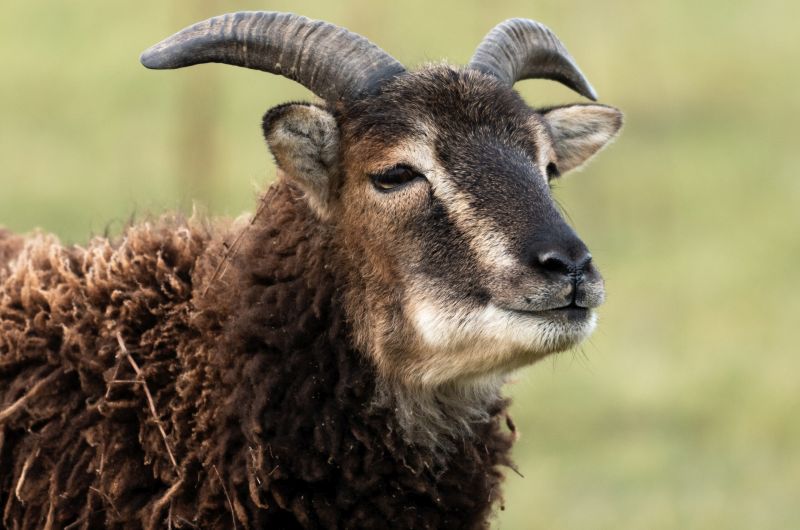
Wild sheep which inhabit remote Scottish islands could help scientists in the creation of a livestock vaccine against an infectious parasite.
Scientists are researching a single cell parasite from St Kilda, an isolated archipelago situated 40 miles northwest of the Outer Hebrides.
The vaccine vehicle under development can be manipulated to host proteins for a wide range of maladies, whether transmitted via a virus, bacterium or parasite.
Initially, the Roslin Technologies team are investigating creating a vaccine to tackle peste des petits ruminants virus (PPRV).
The virus is a highly infectious disease that threatens 80% of the global population of sheep and goats and is a significant problem in Asia and Africa.
The non-pathogenic Trypanosoma melophagium parasite, the basis of the vehicle, was isolated by University of Edinburgh scientists on St Kilda.
The parasite is spread by sheep keds – a wingless insect — and is usually absent in the UK’s 16 million farmed sheep which tend to be dipped to eliminate such infestations.
“Our major advance is that we will be able to immunise sheep against a wide range of pathogens using a harmless organism that they naturally harbour” said University of Edinburgh Prof Keith Matthews, who is partnering with Roslin Technologies.
Dr Karen Fairlie-Clarke, Innovation Manager for Roslin Technologies added the development had 'huge potential'.
"We are eager to gather together partners who can deploy this technology to improve vaccine performance and increase the number of pathogens that can be targeted."
Commercially, the vaccine market for the world's 1 billion sheep and 900 million goats is considerable — the total global animal vaccine market was worth $8.2 billion in 2018.
